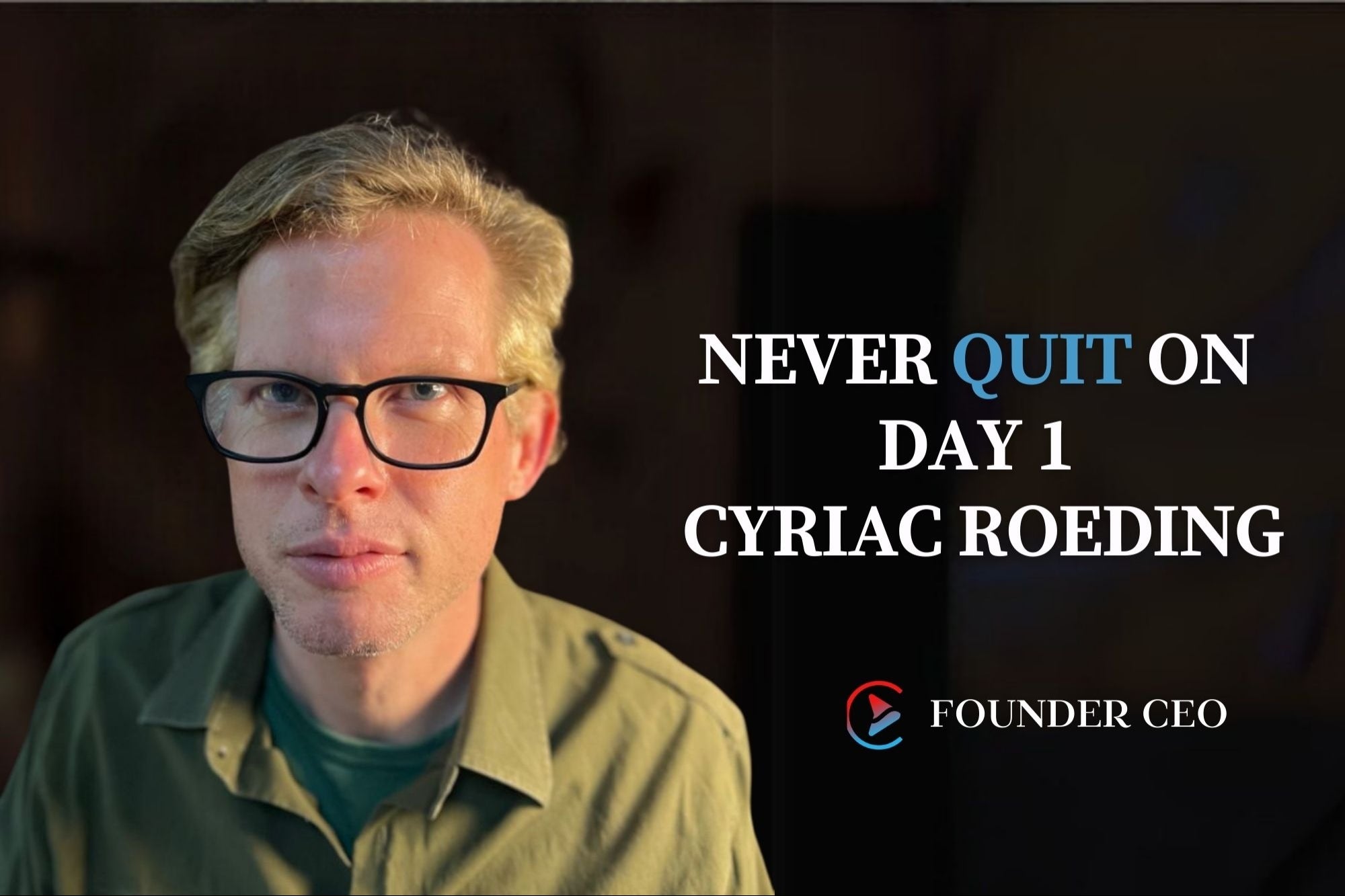7 Lessons Every Young Entrepreneur Can Learn From 'Shark Tank' Even as the shark-infested TV show can be intimidating, the business lessons are plentiful. Here are some inspired tips that even off-camera entrepreneurs can learn.
By Jonah Lupton
Opinions expressed by Entrepreneur contributors are their own.
 When ABC's Shark Tank debuted three years ago, I was instantly hooked. But, of course, I wasn't the only one. It quickly became a favorite among millions across the country and helped garner attention for entrepreneurs and business owners who are tasked with finding the funding to make their dreams a reality every day.
When ABC's Shark Tank debuted three years ago, I was instantly hooked. But, of course, I wasn't the only one. It quickly became a favorite among millions across the country and helped garner attention for entrepreneurs and business owners who are tasked with finding the funding to make their dreams a reality every day.
While the TV show Shark Tank gives entrepreneurs the opportunity to pitch their businesses to a panel of five very successful (and often intimidating) investors, off camera many newbie treps are taking notes. And though dozens of entrepreneurs have landed an investment, even the misses offer a learning experience to young entrepreneurs who may one day pitch their big ideas to a room full of sharks.
Below are some of the lessons I believe every entrepreneur -- young and old -- can take away from Shark Tank:
1. Be passionate. Whether you are pitching to investors, talking to customers or riding the elevator with some moneyed stranger, the passion for your company should be evident. To become successful you better love what you're doing. Otherwise, it won't keep you going when times get tough -- and you can forget landing funding too.
2. Have hustle. A consistent characteristic in every entrepreneur is the ability to execute. Whether you're building a product or going after new customers, prove that you can get things done. Don't approach investors or enter any shark tank until you have shown a knack for creating value and the willingness to go the extra mile.
3. Create a strong team. I'm not saying that solo-founder companies can't be successful, but I guarantee investors will always prefer a cohesive team consisting of hard-working individuals with complementary skills. If you simply can't find the right co-founder, then surround yourself with mentors and create an advisory board of knowledgeable and reliable business professionals.
Related: A Good Mentor Will Tell It Like It Is
4. Know your pitch. No matter if you're on Shark Tank, at a cocktail party or sitting in the airport, you never know who you might run into and whether they might become an asset to your business. Always be able to explain what your company does in less than three minutes and confidently answer any questions. For an optimal and memorable pitch, explain the problems you want to solve, how you're going to solve them, why your team is the best option for solving them and the value you're bringing to the market.
Related: At College Pitch Contests, Giant Companies Are Listening
5. Make your product a must-have. If you think about the most successful companies, many of them created products and services that people "needed to have." Every entrepreneur should aim for this. On Shark Tank, it's a frequent sticking point because unless you're Apple, it's extremely hard to build a big business based on something that's only "nice to have."
6. Have many plans. I've never been a huge advocate for creating massive business plans because once you get started, things will inevitably change -- rendering your fancy 50-page business plan a useless stack of papers. However, I do recommend crafting an executive summary, business outline, market analysis, financial projections, investor presentation and a marketing plan. On Shark Tank, I've never seen an entrepreneur whip out a business plan, but you can usually tell who came prepared.
7. Think big. One reason why Internet companies have exploded in the last few years is, they have easier models to scale than other businesses. Leveraging the internet and mobile devices not only requires less capital, but also the ability to reach billions of potential customers in an instant. If you're building a more traditional business, be mindful of the additional fixed and variable expenses, how your cost structure will manage scaling up and the ability to keep operating margins strong and profitable.
What tip would you add to this list? Leave a comment and let us know.










